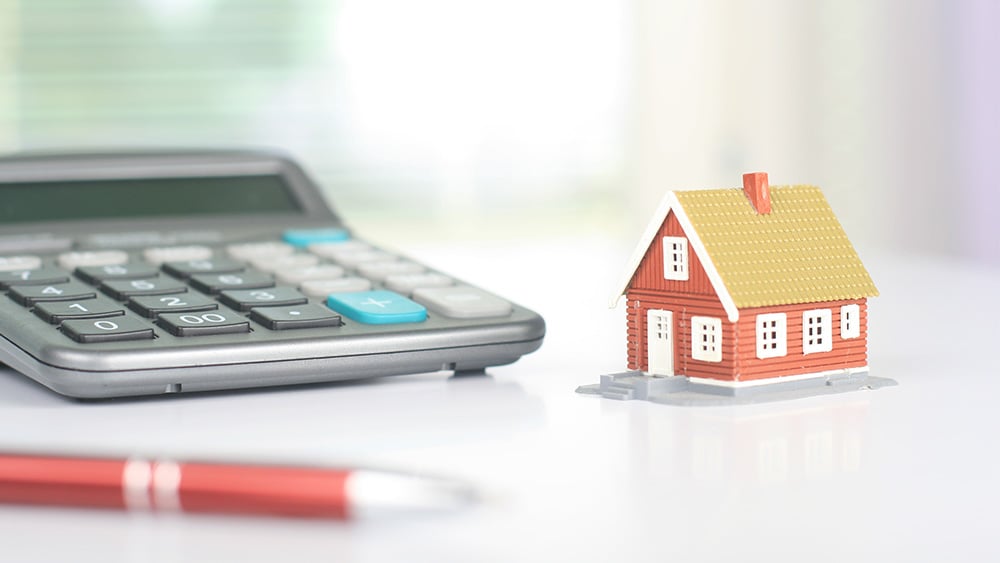The age-old debate about whether people should rent or buy a home is largely perpetuated by one question: can I afford my monthly payments? The answer lies within the simplicity of learning the difference between the two options and figuring out which is best for your financial future. Think about if you move often or if you have other payments, such as student loans or various insurances. After you have considered those factors, then you can determine if buying or renting is better for you and your family. Here is Ryan Homes at Brunswick Crossing’s breakdown between rent and mortgage payments:
Timing and benefits: Rental payments are made on a strict monthly basis. Making this payment allows the renter to only live in the apartment or house for a certain period of time without any other tangible benefits except the flexibility to move more easily. Mortgage payments are made on a month-to-month basis as well. However, making this payment allows the homeowner to live in the house as well as reap other benefits, such as improving your credit score and producing equity in your home.
Additional payments: Aside from a monthly mortgage payment toward the principal balance, homeowners will also pay monthly interest payments at a fixed rate determined at the time of closing. This will shift every payment, depending on the paid-off principal balance.
You may also pay an escrow amount every month, depending on your lender and personal preferences. This means the bank will hold and handle this money in a type of savings account for the payments of property taxes and insurance each month instead of collecting a lump sum every year.
With renting, most companies only ask for a security deposit as an additional payment. This is used for any possible damages that a rental company deems necessary to fix after the renter leaves. This may be non-refundable if the damages are more than the security deposit. You may end up receiving a bill from your landlord instead of a check.
Tax breaks: As mentioned above, monthly mortgage payments also include monthly interest payments. However, do not worry about losing money on these home interest payments as they can actually be tax deductible, whereas only some rentals qualify for the same type of deduction. To complete your home’s interest tax deductibility, visit this website and download Form 1098.
Overall, leasing a property and making monthly rental payments benefits the financial future of the property owner, not the renter. If you begin making monthly mortgage payments, you may feel counterproductive, like you are spending more money paying it down than you would be by writing a rental check every month. However, as a homeowner, you are actually reaping more benefits than just ownership of your own space. Within the same time period for payment, homeowners can qualify for tax deductions, produce equity, apply for insurance coverage, and increase their credit score. Everyone’s preferences are different, so figure out what is best for your financial future whether it means paying a monthly mortgage or writing a rental check.



